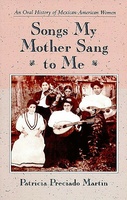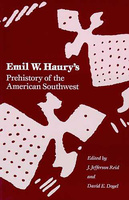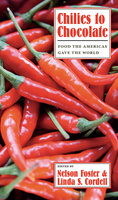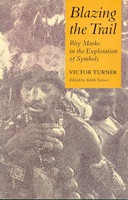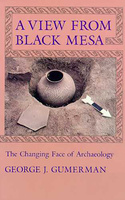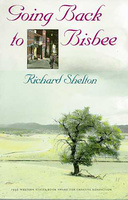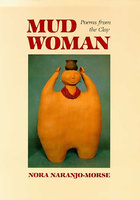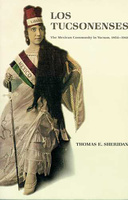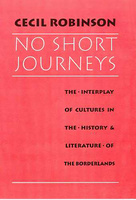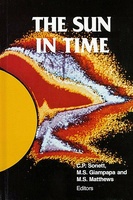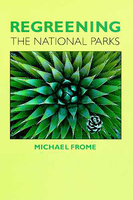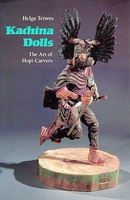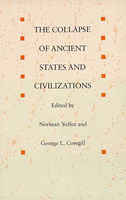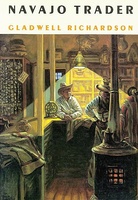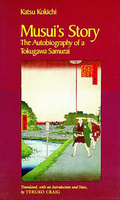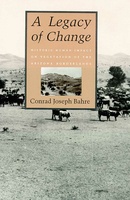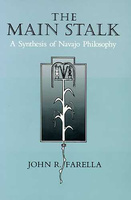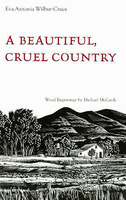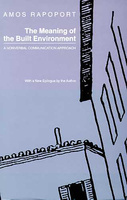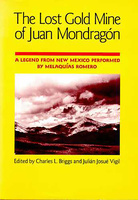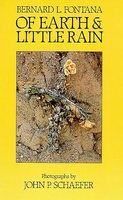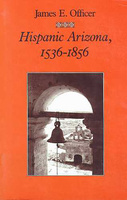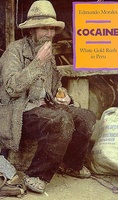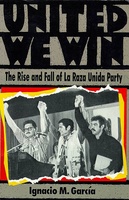The University of Arizona Press is the premier publisher of academic, regional, and literary works in the state of Arizona. They disseminate ideas and knowledge of lasting value that enrich understanding, inspire curiosity, and enlighten readers. They advance the University of Arizona’s mission by connecting scholarship and creative expression to readers worldwide.
Songs My Mother Sang to Me
An Oral History of Mexican American Women
Soldiers of the Virgin
In the early summer of 1712, a young Maya woman from the village of Cancuc in southern Mexico encountered an apparition of the Virgin Mary while walking in the forest. The miracle soon attracted Indian pilgrims from pueblos throughout the highlands of Chiapas. When alarmed Spanish authorities stepped in to put a stop to the ...
Chilies to Chocolate
Food the Americas Gave the World
Blazing the Trail
Waymarks in the Exploration of Symbols
The Portable Radio in American Life
As an artifact of culture, the portable radio is an unusual but perfect subject for investigation by archaeologist Schiffer. Seeing the history of everyday objects as the history of the life of a people, he shows how the portable radio has reflected changes in American society as surely as clay pots have for ancient cultures.
Los Tucsonenses
The Mexican Community in Tucson, 1854–1941
No Short Journeys
The Interplay of Cultures in the History and Literature of the Borderlands
Doing What the Day Brought
An Oral History of Arizona Women
Kachina Dolls
Much has been written about the popular kachina dolls carved by the Hopi Indians of northern Arizona, but little has been revealed about the artistry behind them. Now Helga Teiwes describes the development of this art form from early traditional styles to the action-style kachina dolls made popular in galleries throughout the world, and on to the kachina sculptures that have evolved in the last half of the 1980s.
Teiwes explains the role of the Katsina spirit in Hopi religion and that of the kachina dollthe carved representation of a Katsinain the ritual and economic life of the Hopis. In tracing the history of the kachina doll in Hopi culture, she shows how these wooden figures have changed since carvers came to be influenced by their marketability among Anglos and how their carving has been characterized by increasingly refined techniques.
Unique to this book are Teiwes's description of the most recent trends in kachina doll carving and her profiles of twenty-seven modern carvers, including such nationally known artists as Alvin James Makya and Cecil Calnimptewa. Enhancing the text are more than one hundred photographs, including twenty-five breathtaking color plates that bring to life the latest examples of this popular art form.



